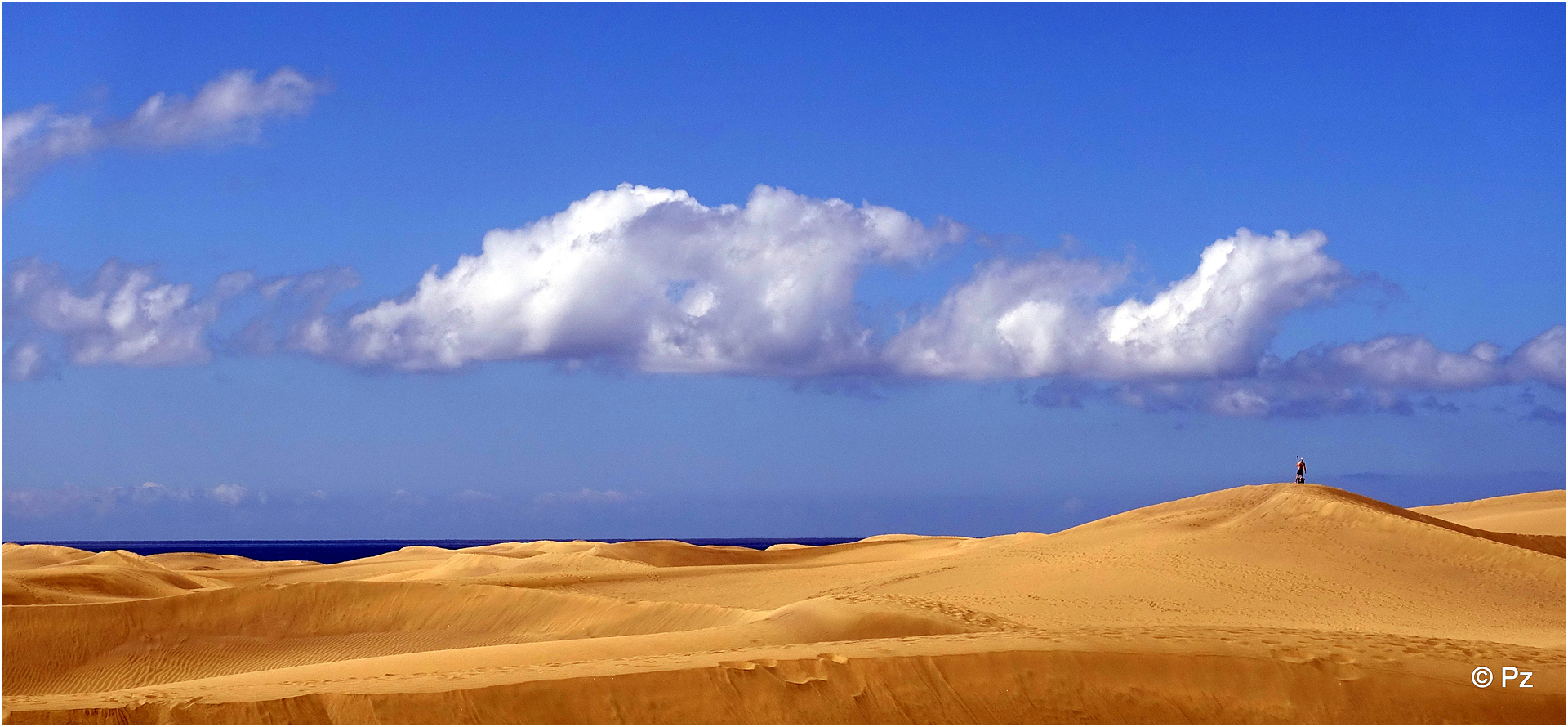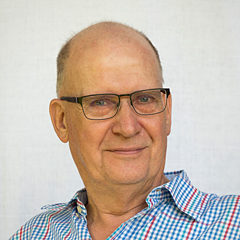
I would cordially like to invite you to have a look at my Didiworld website.
As a philologist I certainly appreciate the „word“
as well as the „mind“ and also the „power (of the word)“,
but being Aries-born I love the „act“ most of all – roughly according to Goethe´s motto:
Faust-Part I, Scene III, The Study, 1224 ff.
„It’s written here: ‘In the Beginning was the Word!’.
Here I stick already! Who can help me? It’s absurd, 1225
Impossible, for me to rate the word so highly
I must try to say it differently
If I’m truly inspired by the Spirit. I find
I’ve written here: ‘In the Beginning was the Mind’.
Let me consider that first sentence, 1230
So my pen won’t run on in advance!
Is it Mind that works and creates what’s ours?
It should say: ‘In the beginning was the Power!’
Yet even while I write the words down,
I’m warned: I’m no closer with these I’ve found. 1235
The Spirit helps me! I have it now, intact.
And firmly write: ‘In the Beginning was the Act!’“
Reference: Poetry in Translation (A. S. Kline’s FREE Poetry Archive)
Translation of the commentary from Erich Trunz to English by Mr. Dieter Richartz:
The beginning of the Gospel according to St John.
In this case the Greek term „logos“ was translated as „word“. (see menu item: „Berufliches“, „Mein Buch und meine Synopse“).
In classical philosophy „logos“ means concept, common sense or weltgeist (wordly wisdom).
The word was seized by the early Christians, it stood for divine rationalism as well as the Creation and it was applied to Jesus Christ, too.
- No doubt, Faust wants to translate/transfer as he says, yet he immediately continues to contemplate the decisive word.
- It is about what was in the beginning and so he has in mind „the act“ in the sense of Genesis (1 Mose 1).
